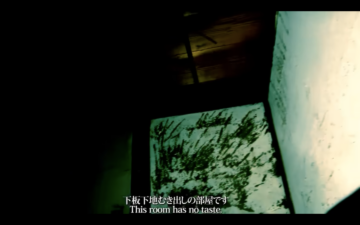Clayton Purdom at the Los Angeles Review of Books:
 The first time I tried to write this essay, I failed. It was the middle of the pandemic—a time in which uncountable numbers of introspective personal essays were written to no apparent end—and I watched Sans Soleil, director Chris Marker’s dreamlike 1983 travelogue. I was working at a marketing agency at the time, suffusing strategic briefs with literary ambition, and something about the way Marker’s film faded from documentary to sci-fi to philosophical reverie ignited long-dormant neurons in my brain. Sleeper cells dissatisfied with a life in service of internet content and client work assembled. They blew up access tunnels and sabotaged meeting preparation protocols. I wrote something big and haunted about my experience as a writer and intended to publish it, in an act of vainglorious career suicide, on LinkedIn.
The first time I tried to write this essay, I failed. It was the middle of the pandemic—a time in which uncountable numbers of introspective personal essays were written to no apparent end—and I watched Sans Soleil, director Chris Marker’s dreamlike 1983 travelogue. I was working at a marketing agency at the time, suffusing strategic briefs with literary ambition, and something about the way Marker’s film faded from documentary to sci-fi to philosophical reverie ignited long-dormant neurons in my brain. Sleeper cells dissatisfied with a life in service of internet content and client work assembled. They blew up access tunnels and sabotaged meeting preparation protocols. I wrote something big and haunted about my experience as a writer and intended to publish it, in an act of vainglorious career suicide, on LinkedIn.
This is not that essay, which I ended up storing in the cloud, untouched and perfect. Maybe I just lost the nerve. I came to view the entire months-long ordeal as merely a romantic obsession with Sans Soleil, the sort of honeymooning that occurs with a piece of art only a handful of times in life, in which old tastes are dramatically reordered and new, long-lasting obsessions emerge. That essay, that romance, hung over me as I logged back in to Slack. And yet something was different. The strategic briefs shifted beneath my gaze now. I saw Sans Soleil’s borderless spirit everywhere, and came to see it as representative of an aesthetic thread that named itself outside of my will, its name slowly infecting my thoughts over the years since.
I call it weird nonfiction: creative work that presents itself as journalism or nonfiction but introduces fictional elements with the intention of upsetting, disturbing, or confusing the audience.
More here.
Enjoying the content on 3QD? Help keep us going by donating now.
